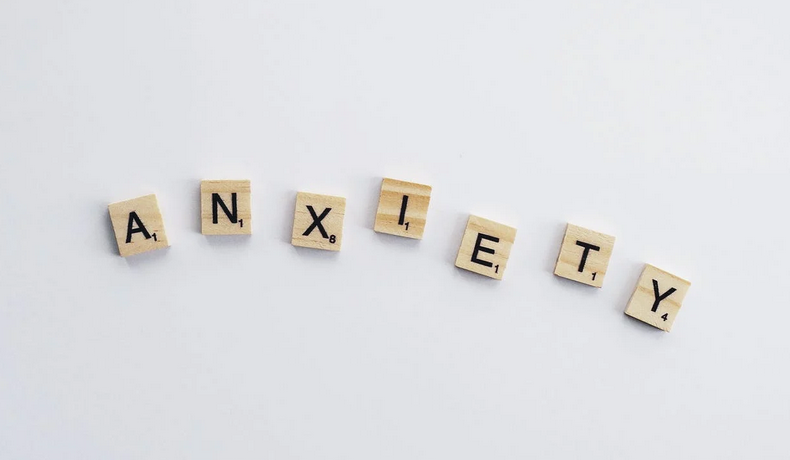Anxiety disorder is one of the most common mental health conditions in the United States. It affects 40 million adults or 18 percent of the population. If you are one of the millions of people who suffer from an anxiety disorder, you may be wondering if you have it. This blog post will examine some common signs that may indicate that you suffer from an anxiety disorder. If you experience these symptoms, get one of the best online counseling services as soon as possible. Now, let’s get started.
Excessive Worries
 First, let’s start with the most obvious sign: excessive worries. If you find yourself worrying more than usual or if your fears interfere with your daily life, it may signify anxiety disorder. Anxiety can cause you to worry about things that are usually not worth worrying about. For example, you may worry about your health even though you are perfectly healthy. Or, you may worry about what other people think of you even though you don’t know them.
First, let’s start with the most obvious sign: excessive worries. If you find yourself worrying more than usual or if your fears interfere with your daily life, it may signify anxiety disorder. Anxiety can cause you to worry about things that are usually not worth worrying about. For example, you may worry about your health even though you are perfectly healthy. Or, you may worry about what other people think of you even though you don’t know them.
Sleep Problems
Another common sign of anxiety disorder is sleep problems. If you have difficulty falling asleep or staying asleep, it may signify that you are suffering from anxiety. Anxiety can also cause nightmares and night terrors. You may find yourself waking up frequently throughout the night or having trouble getting back to sleep. If you are experiencing any of these symptoms, it is essential to get help from a mental health professional.
Panic Attacks
Note that anxiety disorder is not the same as having occasional anxiety. Everyone experiences anxiety at some point in their lives. For example, you may feel anxious before an important test or a job interview. It is normal and does not necessarily mean that you have an anxiety disorder. However, if you experience regular panic attacks, it may be a sign of an underlying condition. Panic attacks are sudden periods of intense fear or anxiety. They can cause physical symptoms, such as a racing heart, sweating, and difficulty breathing. If you experience regular panic attacks, it is essential to get help from a mental health professional.
Muscle Tension
 Now that you’ve learned some symptoms that impact one’s physical condition, let’s look at how anxiety disorders affect your body. Muscle tension is one of the most common physical symptoms of anxiety. If you suffer from muscle tension, you may feel tightness in your shoulders, neck, or back. You may also experience headaches and jaw pain. Muscle tension can make it difficult to concentrate and can cause fatigue. If you are experiencing muscle tension, it is essential to get help from a mental health professional as soon as possible. As you can see, anxiety disorders can cause various physical and mental symptoms.
Now that you’ve learned some symptoms that impact one’s physical condition, let’s look at how anxiety disorders affect your body. Muscle tension is one of the most common physical symptoms of anxiety. If you suffer from muscle tension, you may feel tightness in your shoulders, neck, or back. You may also experience headaches and jaw pain. Muscle tension can make it difficult to concentrate and can cause fatigue. If you are experiencing muscle tension, it is essential to get help from a mental health professional as soon as possible. As you can see, anxiety disorders can cause various physical and mental symptoms.
If you are experiencing any of these symptoms, it is essential to get help from a mental health professional as soon as possible. Anxiety disorders are treatable, and there is no reason to suffer in silence. Get help today and start living the life you deserve.




